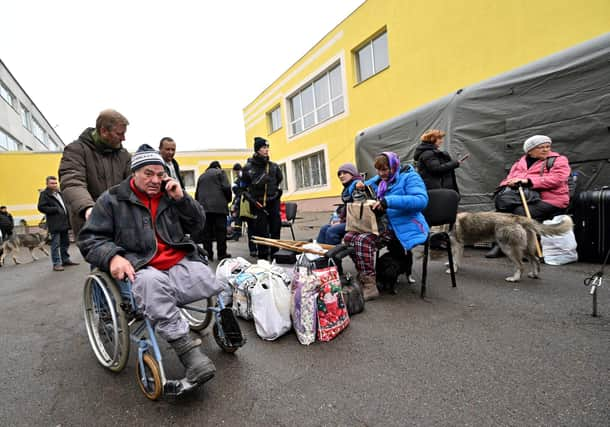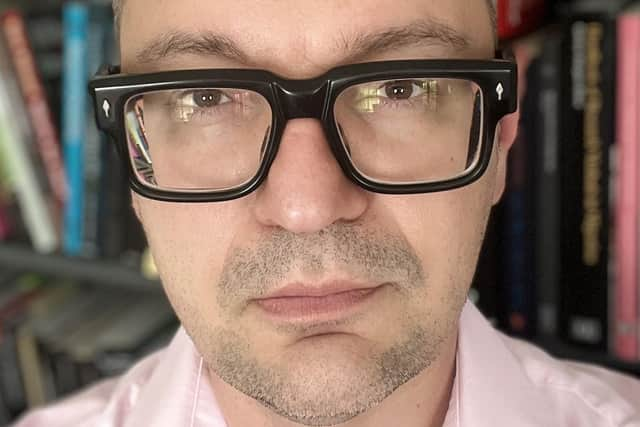The voices of disabled people must be heeded


Robust data collection systems did help some governments, including in the UK and Scotland, to identify the impact of the pandemic on the most vulnerable individuals and communities, and to set up additional protection measures. These included shielding arrangements for those deemed ‘extremely vulnerable’, and their prioritisation for vaccination.
In other countries though, the situation has been much worse and persons with disabilities were not identified as a priority and often overlooked altogether.
Advertisement
Hide AdAdvertisement
Hide AdAt the end of 2020, the UK Government, through UK Research and Innovation, supported UK-based researchers to work with colleagues in low and middle-income countries to explore the impact of the pandemic on persons with disabilities and to find out how recovery efforts could include disability considerations.


At Edinburgh Napier, we are proud to have a range of international research networks which included the National Academy of Science of Ukraine. By working together with the academic colleagues and disability activists in Ukraine, we designed a research project which put persons with disabilities in Ukraine and their voices and experiences of living through the pandemic at its centre.
For disability activists across the world, the slogan ‘Nothing About Us Without Us’ is both a principle and a demand for meaningful inclusion and recognition of the multiple voices of persons with disabilities in all aspects of social, economic and political life. This includes having barrier-free access to shops, schools, hospitals, museums – everything that makes up the normal ‘everyday’ which non-disabled people often take for granted, to having the voices of persons with disabilities heard at all levels of political decision-making. Participation and collaboration are key words for researchers who are truly concerned about people they are ‘researching with’ rather than ‘researching on’.
We collected evidence from more than 100 disability charities in Ukraine about how the pandemic affected their organisations. We recruited and trained more than 20 disability activists to interview 300 disabled persons from across Ukraine about their experiences of living through the pandemic. Some of the responses were shocking and heart-breaking but they needed to be heard. We worked with persons with disabilities to develop a list of recommendations for the Ukrainian authorities on how to include disability considerations in their ongoing response to the pandemic and to any future emergency.
Whilst the world is gradually getting to grips with living with COVID-19, it is not immune to another public health emergency; a new pandemic is a matter of ‘when’ not ‘if’, and we should be better prepared to deal with its impacts.
However, nobody in Ukraine or elsewhere could anticipate the scale or the magnitude of another emergency - the Russian invasion and war. We know that people with disabilities are among the most affected in situations of war. In the current context where the course of this war is uncertain, and as the humanitarian relief efforts are hindered by escalating hostilities, disability charities are one of the last remaining systems of support for people they have been taking care of within the context of the pandemic and now within the context of war.
They continue, where they can, to provide support to the most vulnerable individuals and their families, and their expertise must inform all current and future relief efforts provided by the Government of Ukraine and by international donors and humanitarian agencies.
As researchers, we are working with our partners in Ukraine to develop a research project to document the experiences of persons with disabilities of living through unimaginable violence and terror. These voices must be key in ensuring that the recovery and reconstruction in Ukraine, when it comes (and it will), foreground disability and recognise the immense toll of war on persons with disabilities who are among the most marginalised in any crisis-affected community.
Dr Kiril Sharapov, from the School of Applied Sciences at Edinburgh Napier University
Comments
Want to join the conversation? Please or to comment on this article.